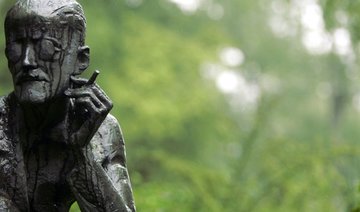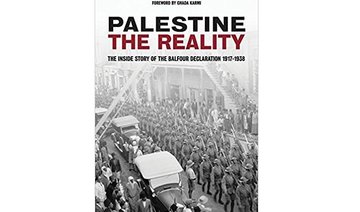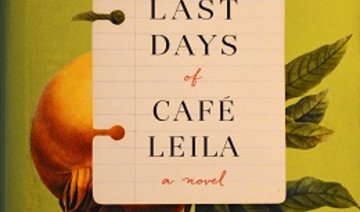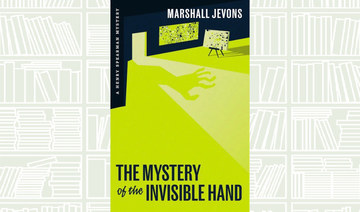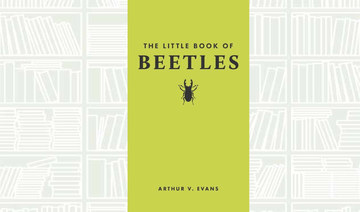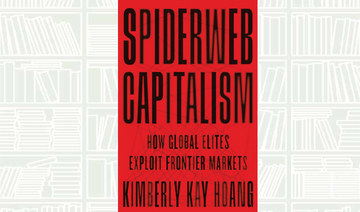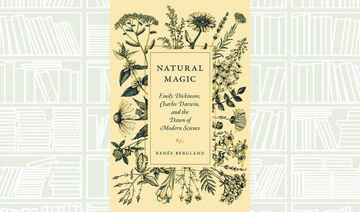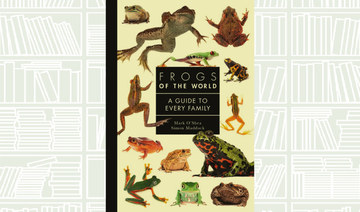In this provocative, brilliant and original book, Josephine Quinn not only sheds new light on the ancient civilization of Phoenicia but actually questions its very existence. Quinn argues that while the Phoenicians as a people certainly existed, as did the Phoenician language, there is no historical evidence that they ever constituted an ethnic group or nation or that they ever claimed to.
Quinn’s interest in Phoenicia was aroused by Virgil’s epic poem, “The Aeneid” and particularly the beautiful, fiercely independent Dido, the founder and first queen of Carthage.
Later, Quinn saw an exhibition on Carthage at Paris’ Petit Palais that opened her eyes to the ancient Mediterranean beyond Greece and Rome.
Quinn went on to give three groundbreaking lectures at Tufts University, which form the basis for “In Search of the Phoenicians.” Her thought-provoking research debunks several myths and uncovers unexpected truths.
It is surprising to learn, for example, that Phoenician craftsmanship has only a weak link with Phoenicia: “It is well known, for instance, that the beautiful metal bowls with mythological and hunting scenes discovered in Italy, Cyprus, Iraq and Iran, which are regularly labeled ‘Phoenician’ in museums and textbooks, have never actually been found in ‘Phoenicia’ or in Levantine settlements abroad,” Quinn writes.
Quinn’s multi-level research cannot fail to impress, but I found myself wishing for the discovery of at least one piece of evidence of Phoenicia’s existence. Alas, one learns that the Near Eastern powers which ruled the Levantine coast from the tenth to the fourth centuries BCE never treated the Phoenicians as a nation. In fact, the Persians who governed the region from 539 BCE to 332 BCE considered Tyre Sidon, Byblos and Beirut as relatively autonomous.
This political approach reflected the situation on the ground. Indeed, Phoenicia’s most famous cities — Tripoli, Tyre, Sidon, Byblos and Beirut — never succeeded in forming a political entity. This inherent separatist fiber has continued through the centuries and still runs deep in the social fabric of today’s modern Lebanon.
The history of the ancient Mediterranean is being rewritten. Civilization itself is under scrutiny. Who is next?
Book Review: ‘In Search of the Phoenicians’ — Josephine Quinn
Book Review: ‘In Search of the Phoenicians’ — Josephine Quinn
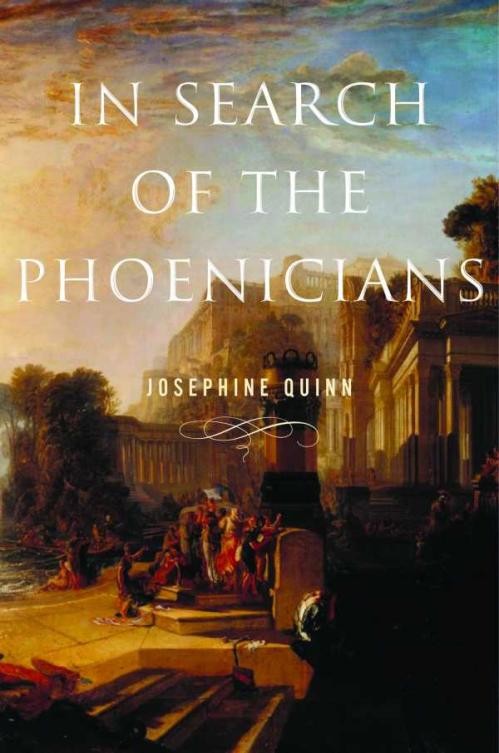
What We Are Reading Today: A Deadly Indifference
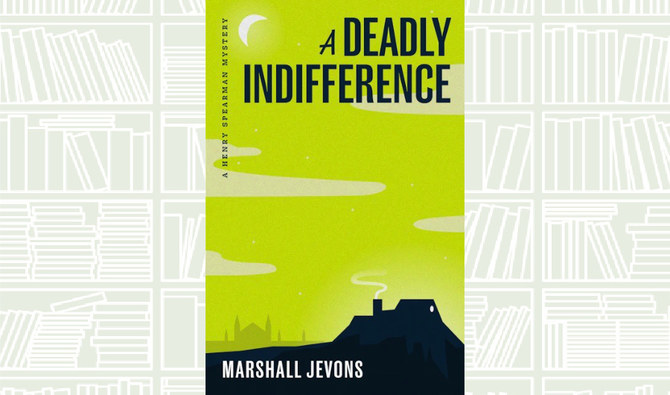
Author: Marshall Jevons
Harvard professor Henry Spearman—an ingenious amateur sleuth who uses economics to size up every situation—is sent by an American entrepreneur to Cambridge, England.
Spearman’s mission is to scout out the purchase of the most famous house in economic science: Balliol Croft, the former home of Professor Alfred Marshall, John Maynard Keynes’s teacher and the font of modern economic theory.
After a shocking murder, Spearman realizes that his own life is in danger as he finds himself face-to-face with the most diabolical killer in his career.
What We Are Reading Today: The Mystery of the Invisible Hand
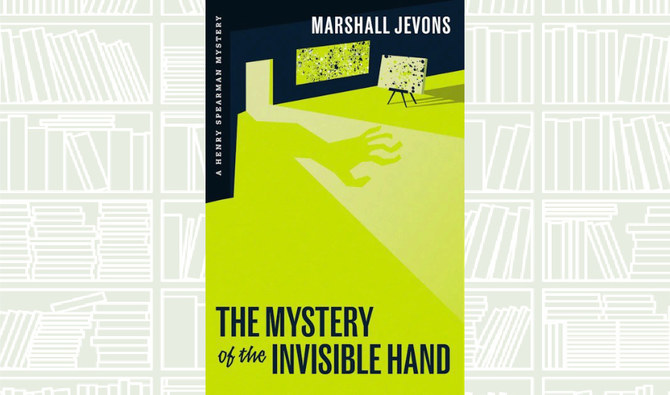
Author: Marshall Jevons
In “The Mystery of the Invisible Hand,” Henry Spearman, an economics professor with a knack for solving crimes, is pulled into a case that mixes campus intrigue, stolen art, and murder.
Arriving at San Antonio’s Monte Vista University to teach a course on art and economics, he is confronted with a puzzling art theft and the suspicious suicide of the school’s artist-in-residence.
From Texas to New York, Spearman traces the connections between economics and the art world, finding his clues in monopolies, auction theory, and Adam Smith.
What We Are Reading Today: ‘The Little Book of Beetles’
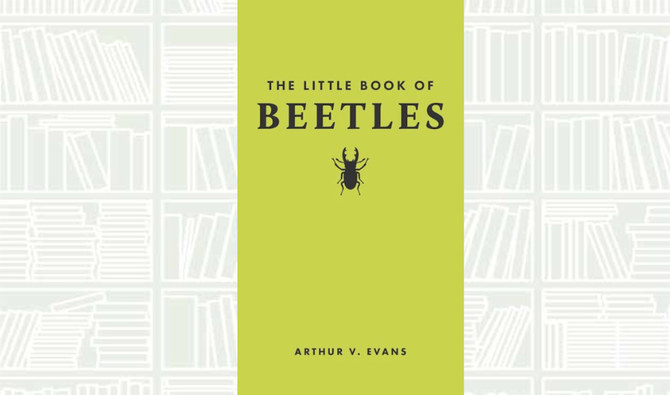
Author: ARTHUR V. EVANS
Packed with surprising facts, this delightful and gorgeously designed book will beguile any nature lover. Expertly written and beautifully illustrated throughout with color photographs and original color artwork, “The Little Book of Beetles” is an accessible and enjoyable mini-reference about the world’s beetles, with examples drawn from across the globe.
It fits an astonishing amount of information in a small package, covering a wide range of topics — from anatomy, diversity, and reproduction to habitat and conservation.
What We Are Reading Today: Spiderweb Capitalism: How Global Elites Exploit Frontier Markets
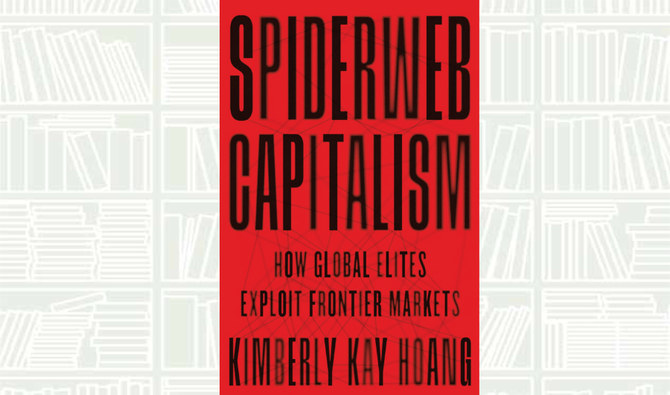
- Hoang reveals the strategies behind spiderweb capitalism and examines the moral dilemmas of making money in legal, financial, and political gray zones
Author: Kimberly Kay Hoang
In 2015, the anonymous leak of the Panama Papers brought to light millions of financial and legal documents exposing how the superrich hide their money using complex webs of offshore vehicles. Spiderweb Capitalism takes you inside this shadow economy, uncovering the mechanics behind the invisible, mundane networks of lawyers, accountants, company secretaries, and fixers who facilitate the illicit movement of wealth across borders and around the globe.
Kimberly Kay Hoang traveled more than 350,000 miles and conducted hundreds of in-depth interviews with private wealth managers, fund managers, entrepreneurs, C-suite executives, bankers, auditors, and other financial professionals. She traces the flow of capital from offshore funds in places like the Cayman Islands, Samoa, and Panama to special-purpose vehicles and holding companies in Singapore and Hong Kong, and how it finds its way into risky markets onshore in Vietnam and Myanmar.
Hoang reveals the strategies behind spiderweb capitalism and examines the moral dilemmas of making money in legal, financial, and political gray zones.
Dazzlingly written, Spiderweb Capitalism sheds critical light on how global elites capitalize on risky frontier markets, and deepens our understanding of the paradoxical ways in which global economic growth is sustained through states where the line separating the legal from the corrupt is not always clear.
What We’re Reading Today: Work Life Well-lived
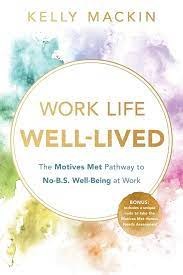
Author: Kelly Mackin
This book will disrupt how you think about creating your best work life and workplace and give you a road map to get you there, says a review published on goodreads.com.
Through years of research and truth-finding, Kelly Mackin and her company, Motives Met, have discovered a completely new mindset and approach around what well-being at work is all about, how to get there, and why it’s so important that we do get there.
This book is a personal guide and a call to action for a shift in our approach to work.


